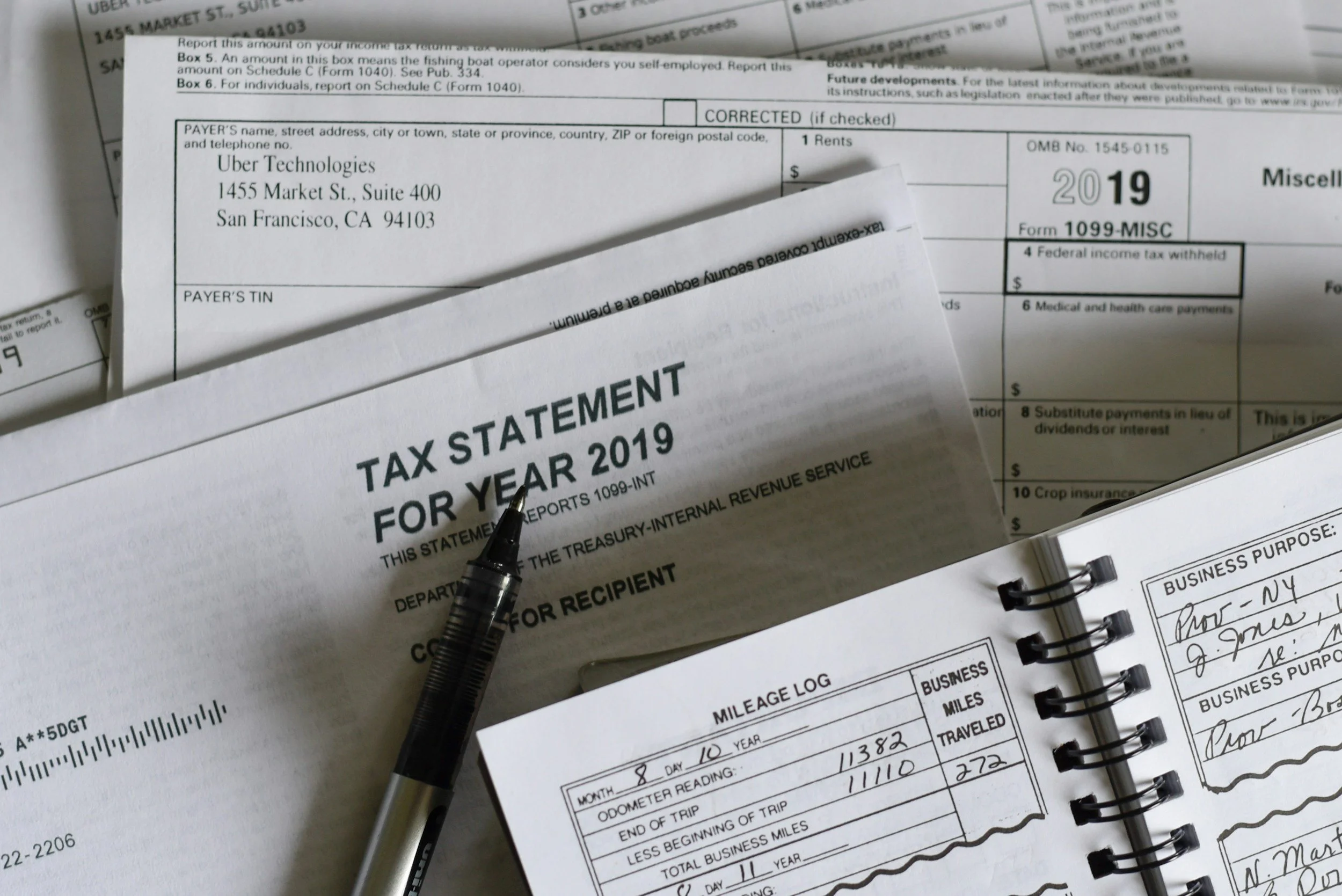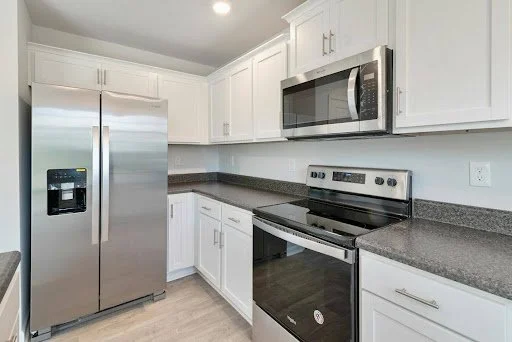How to Choose a Car That Fits Your Needs and Budget
By PAGE Editor
Selecting the right car involves more than just a desire for speed or style; it's about finding a vehicle that fits your daily needs, aligns with your budget, and reflects your lifestyle. Whether you're a city dweller seeking a compact for tight parking, a growing family in need of space and safety, or an enthusiast looking for performance, the vast automotive market offers options for every buyer.
This guide aims to simplify the car-buying process, providing you with a framework to assess your needs, understand your budget, and make an informed decision that will serve you well for years to come.
Assess Your Needs
Before setting foot in a dealership or browsing online listings, take a moment to reflect on what you truly need from a vehicle. Consider factors such as the size of your family, your commute distance, and the type of driving you do most frequently. Do you need a fuel-efficient compact for long commutes, a sturdy SUV for off-road adventures, or a spacious minivan for family road trips Understanding your needs will not only narrow your search but also prevent you from being swayed by features that look attractive in the showroom but are unnecessary in your daily life.
Prioritize functionality and utility over aesthetics to ensure your new car serves you effectively. If you're looking for restored classic cars, vintage trucks, or hot rods that stand out from the crowd, remember to balance your desire for style with practical considerations. Simply put, a car that looks great but doesn't meet your needs will not provide value in the long run.
Determine Your Budget
Your budget is perhaps the most critical factor in the car-buying process. It's essential to have a clear understanding of how much you can afford to spend on a vehicle. This includes not only the purchase price but also ongoing costs such as insurance, maintenance, fuel, and potential loan interest.
Setting a realistic budget will help you filter your options and focus on cars within your financial reach. Remember, the goal is to find a vehicle that meets your needs without straining your finances. Consider the total cost of ownership over time, not just the sticker price, to make a financially sound decision.
Evaluate Vehicle Features
Once you've identified your needs and budget, the next step is to explore the features available on different vehicles. Safety features, fuel efficiency, and technology (such as navigation systems and Bluetooth connectivity) are significant aspects to consider. Also, think about the resale value and reliability of the car you're interested in.
It's wise to make a list of must-have features versus nice-to-have amenities. This will help you make compromises if your budget doesn't allow for every desired feature. Remember, while luxury features may be enticing, they often come with a higher price tag and maintenance costs.
Research and Compare
Armed with a clear understanding of your needs, budget, and desired features, you can begin the research and comparison phase. Utilize online tools and resources to compare vehicle models, read reviews from experts and owners, and check safety ratings and reliability scores. This step is crucial for narrowing down your choices to a shortlist of contenders.
Don't rush this process. Spending time on thorough research can reveal potential issues or advantages you hadn't considered. It's also beneficial to seek out comparisons that focus on the categories most important to you, whether that's fuel economy, cargo space, or performance.
Take a Test Drive
No car-buying process is complete without taking your top choices for a test drive. This is your opportunity to see how the car performs on the road and whether it meets your expectations for comfort, handling, and visibility. Pay attention to how the car feels and check for anything that doesn't match up with your needs or preferences.
A test drive is also the perfect time to assess the usability of the car's features and technology. Make sure you're comfortable with the vehicle's layout and that all controls are intuitive and within easy reach. After all, you'll be spending a lot of time in this car, so it's important that it feels right.
Choosing the right car is a significant decision that impacts your daily life and financial health. By taking the time to thoroughly assess your needs, determine your budget, evaluate vehicle features, conduct extensive research, and test drive your top picks, you're setting yourself up for a purchase that will be satisfying in the long term.
The best car for you is one that matches your lifestyle, meets your needs, fits within your budget, and brings you joy every time you hit the road. Don't rush the decision-making process. Use this guide as a roadmap to navigating the complex car-buying landscape, and you'll be more likely to make a choice that you'll be happy with for years to come.
HOW DO YOU FEEL ABOUT FASHION?
COMMENT OR TAKE OUR PAGE READER SURVEY
Featured










When investing in quartz countertops, choosing the right warranty and care package is just as important as selecting the color and finish.